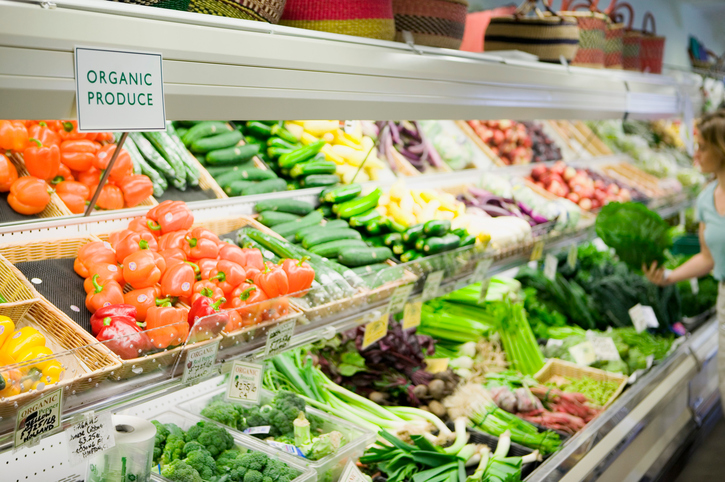Lawmakers in Arkansas have recently introduced a bill potentially restricting the Supplemental Nutrition and Assistance Program (SNAP) to only be used for food considered healthy, with sufficient nutritional value.
This bill obviously goes against the current SNAP regulations, because what's typically valued as unhealthy foods are available for purchase using food stamps.
Here's a list of what foods are eligible to buy using SNAP benefits:
- Breads and cereals
- Fruits and vegetables
- Meats, fish and poultry
- Dairy products.
- Seeds and plants which produce food for the household to eat.
Here's what you cannot buy:
- Beer, wine, liquor, cigarettes or tobacco
- Any nonfood items, such as: pet foods. soaps, paper products, household supplies, vitamins and medicines, food that will be eaten in the store, hot foods.
Under the guidelines, it also mentions some areas who allow restaurants as approved places for homeless, elderly, or disabled people to use SNAP benefits in exchange for low-cost meals.
Also, of the ineligible things to buy it doesn't include those unhealthy foods. So items like soft drinks, candy, cookies, ice cream, seafood, steak, bakery cakes and energy drinks that have a nutrition facts label are all eligible.
SNAP is a federal program, but in California it's known as the CalFresh Program and the guidelines are very similar.
CalFresh benefits can be used to purchase:
- Foods for human consumption.
- Seeds and plants to grow food for household use.
CalFresh benefits cannot be used to purchase:
- Any non-food item such as pet food, soaps, paper products, household supplies, grooming items and cosmetics.
- Alcoholic beverages or tobacco products.
- Vitamins and medicines.
- Any food that will be eaten in the store and any food marketed to be heated in the store.
The CalFresh program states that the last benefit in the cannot be purchased category qualifies except in a restaurant located in a county approved to operate a restaurant meals program.
The Food and Nutrition Act of 2008 allows residents of states to benefit from the current regulations and if a bill like the one in Arkansas happens in California, then the foods mentioned above would be ineligible.
The next questions of concern following this action are where does it stop and what will qualify as healthy?


